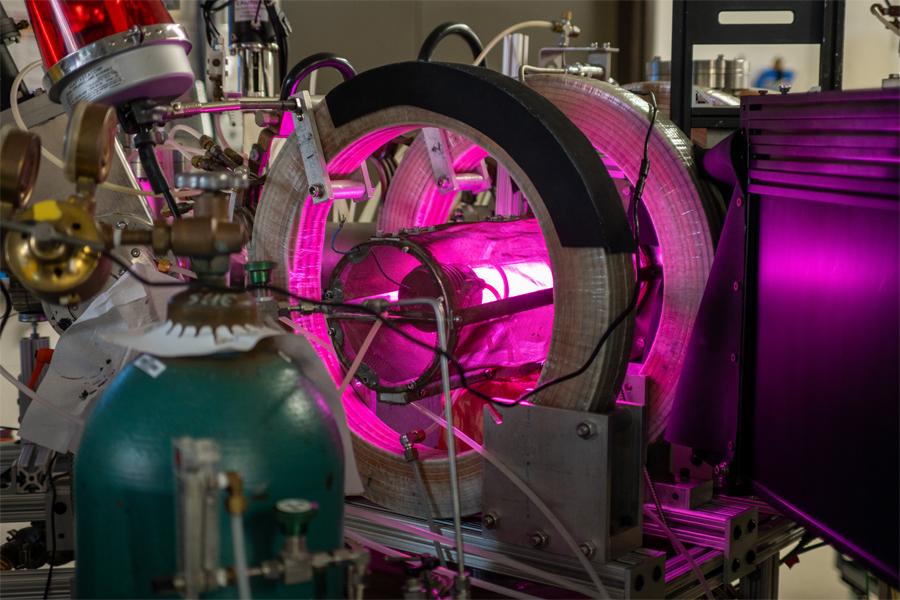Student Spotlight: Titus Roesler
The MIT senior, who has been recognized for his teaching of mathematics and electrical engineering, credits much of his success to his experience in the Experimental Study Group.
School of Engineering funds $1.2 million for tools and research equipment
The broad scope of the program allowed faculty to propose anything related to physical equipment needed for their research. Some faculty asked for new hardware, while others opted to request service contracts needed to keep existing hardware functioning, which is usually an under-supported aspect of research.
Two from MIT named 2025 Gates Cambridge Scholars
Markey Freudenburg-Puricelli and Abigail Schipper ’24 will pursue graduate studies at Cambridge University in the U.K.
Three from MIT named 2025 Gates Cambridge Scholars
Markey Freudenburg-Puricelli, Abigail Schipper ’24, and Rachel Zhang ’21 will pursue graduate studies at Cambridge University in the U.K.
High-speed videos show what happens when a droplet splashes into a pool
Findings may help predict how rain and irrigation systems launch particles and pathogens from watery surfaces, with implications for industry, agriculture, and public health.
3 Questions: Exploring the limits of carbon sequestration
Assistant Professor César Terrer discusses pioneering volcano research to track carbon dynamics in tropical forests.
AI system predicts protein fragments that can bind to or inhibit a target
FragFold, developed by MIT Biology researchers, is a computational method with potential for impact on biological research and therapeutic applications.
MIT faculty, alumni named 2025 Sloan Research Fellows
Annual award honors early-career researchers for creativity, innovation, and research accomplishments.
Chip-based system for terahertz waves could enable more efficient, sensitive electronics
Researchers developed a scalable, low-cost device that can generate high-power terahertz waves on a chip, without bulky silicon lenses.
Rooftop panels, EV chargers, and smart thermostats could chip in to boost power grid resilience
MIT engineers propose a new “local electricity market” to tap into the power potential of homeowners’ grid-edge devices.









